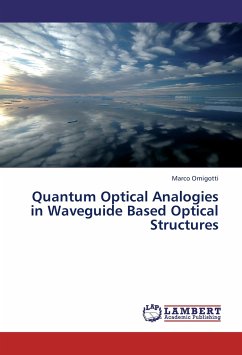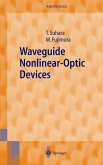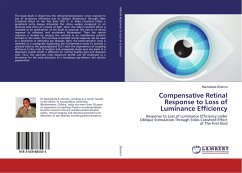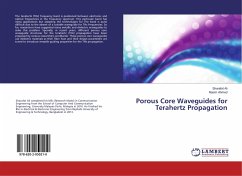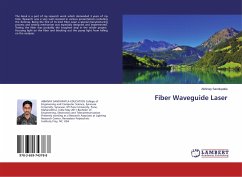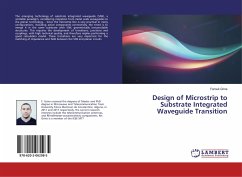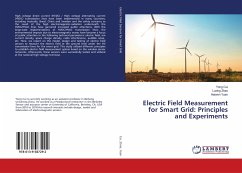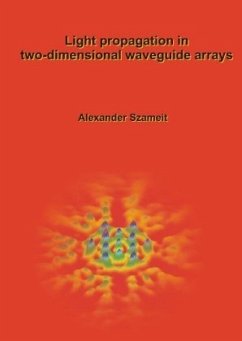Analogy is a basic concept for understanding nature, since it analyses and connects different phenomena linked by common properties or similar behavior. In particular, analogy can to some extent apply to specific quantum phenomena and their corresponding classical effects, although quantum physics differs from classical physics in both formalism and fundamental concepts. The main motivation on studying quantum optical analogies rely on the fact that analogies between different fields of physics have proven themselves extremely fruitful in understanding the basic physical concepts and the limits of applicability of different theories; in particular, the analogies between classical physical theories and quantum phenomena reveal the fact that similar mathematical formalisms apply to phenomena that cannot be related at first glance and are a priori conceptually different. The role of mathematics is crucial, because the essence of the analogy resides in the fact that completely different systems can be modeled by similar mathematical equations, unveiling a hidden unity in Nature, beyond its apparent diversity.

